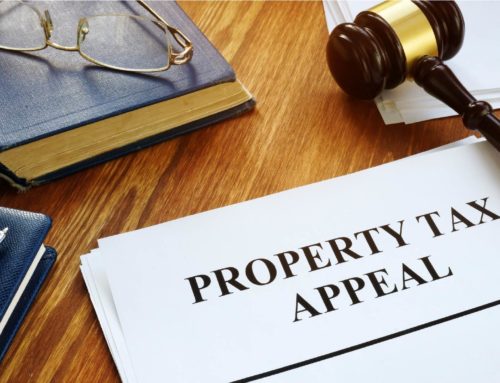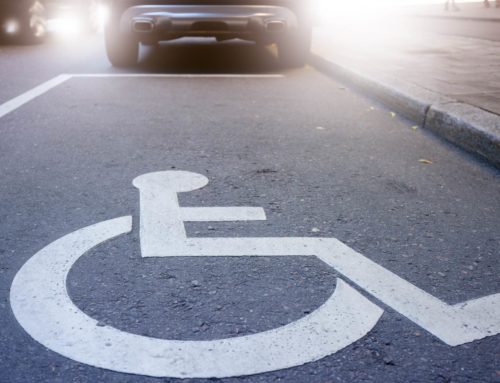By: Jeffrey M. Hall & Max H. Steinberg, Esqs
Purchasing a property can be both exceptionally difficult and extremely stressful.[1] While it is commonplace and standard practice for sellers to make representations about a property and to provide prospective purchasers with voluminous records, it is critical that a purchaser takes on the responsibility of verifying all the information received to ensure both the accuracy and the authenticity of the documents and representations made by the seller. Further, it is incumbent upon the purchaser to ferret out material information that may have not been supplied. One way to do so is through the Open Public Records Act of New Jersey.
Replacing the “Right to Know” law, the Open Public Records Act of New Jersey (“OPRA”) was created to give the public greater access to government records such as permits, approvals, reports, and more. OPRA, if used properly, can provide prospective purchasers of real property with a wealth of knowledge about the property at little cost or no cost. For example, a prospective purchaser can ensure that there are no open or outstanding permits on a property, with an OPRA request calling for “any and all open and closed permits relating to the property located at 123 Main St., City, State, Postal Code, Tax Block X, Tax Lot Y”. This should yield the relevant information. Similarly, land use approvals can be readily ascertained through carefully tailored OPRA requests to municipal and other governmental agencies.
To file an OPRA request most municipalities have an online link, which allows an applicant to file a request and to receive the documents requested via e-mail. If the municipality does respond and submit the requested documents via email, there will be no charge for the municipality’s OPRA response. Alternatively, should an OPRA applicant request hard copies to be mailed or picked up at the municipal office, the applicant will only be charged for the costs of producing hard copies ($.05 per letter paper size or smaller, $.07 per legal paper size or larger).[2]
By law the municipal records custodian should retrieve the information requested and respond within seven (7) business days, “provided that the record is currently available and not in storage or archived.”[3]
When it comes to OPRA requests, specificity is crucial. If an applicant’s information request is too broad, for example “any and all records relating to the building,” the records custodian will deny the request. Therefore, it is imperative that an applicant both specify the types of records he or she is requesting as well as the subject property address, including a block and lot number.
Public records can serve to provide one source of comfort to a prospective purchaser in real property transactions. During the closing process, a seller may provide its own documents and make representations about certain facts relating to a parcel of real property; however a purchaser should conduct its own investigation through OPRA and other methods[4] to ensure that every piece of information received is true, and that no relevant information intentionally or unintentionally omitted.
Jeffrey Hall is Of Counsel to Szaferman Lakind and focuses his practice on commercial real estate and land use matters as well as tax appeals and outdoor advertising matters. Max H. Steinberg is an Associate with the firm and focuses his practice on family law, business and litigation matters. To schedule a consultation with Jeff or Max, please email them at jhall@szaferman.com or msteinberg@szaferman.com or call 609.275.0400.
[1] This article focuses on commercial transactions; however, the concepts apply equally to residential purposes.
[2] N.J. Stat. § 47:1A-5
[3] Id.
[4] The Authors recommend, for example, building systems and environmental inspections, title searches, and property surveys.






